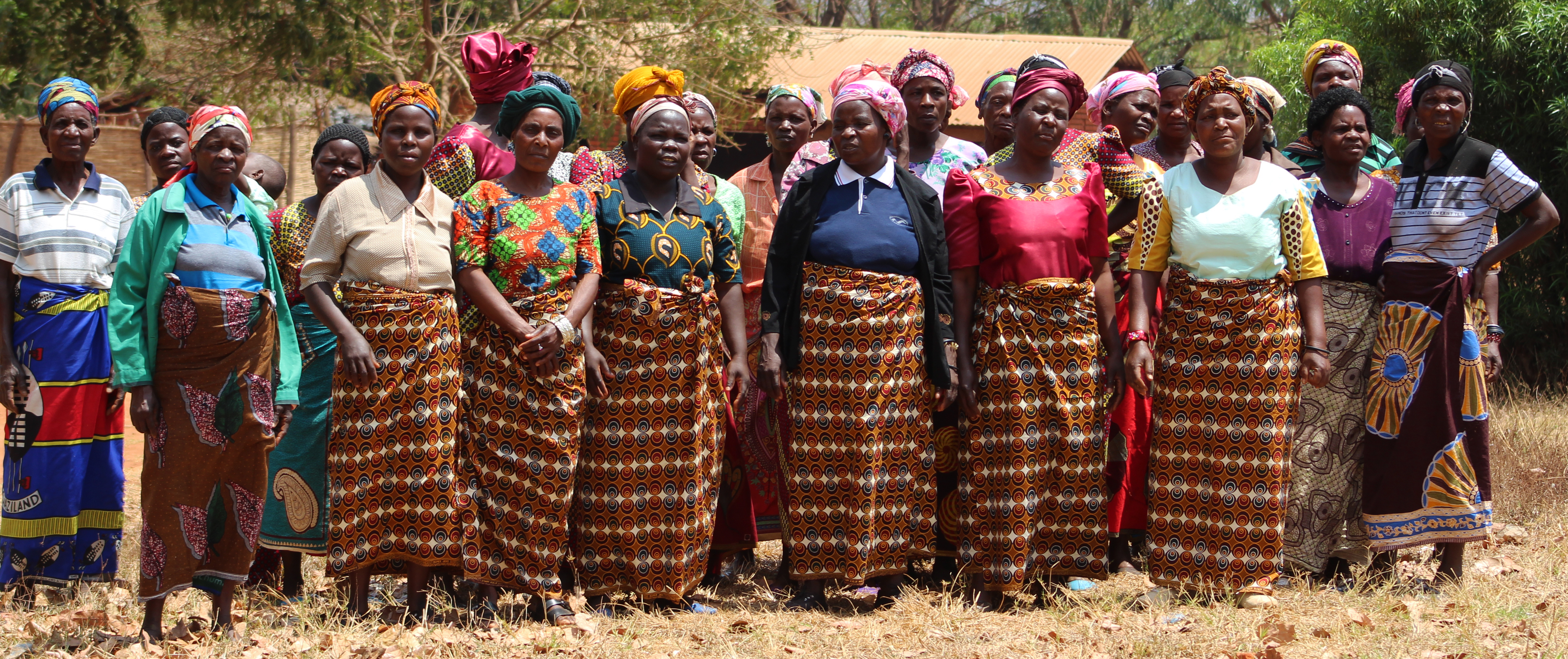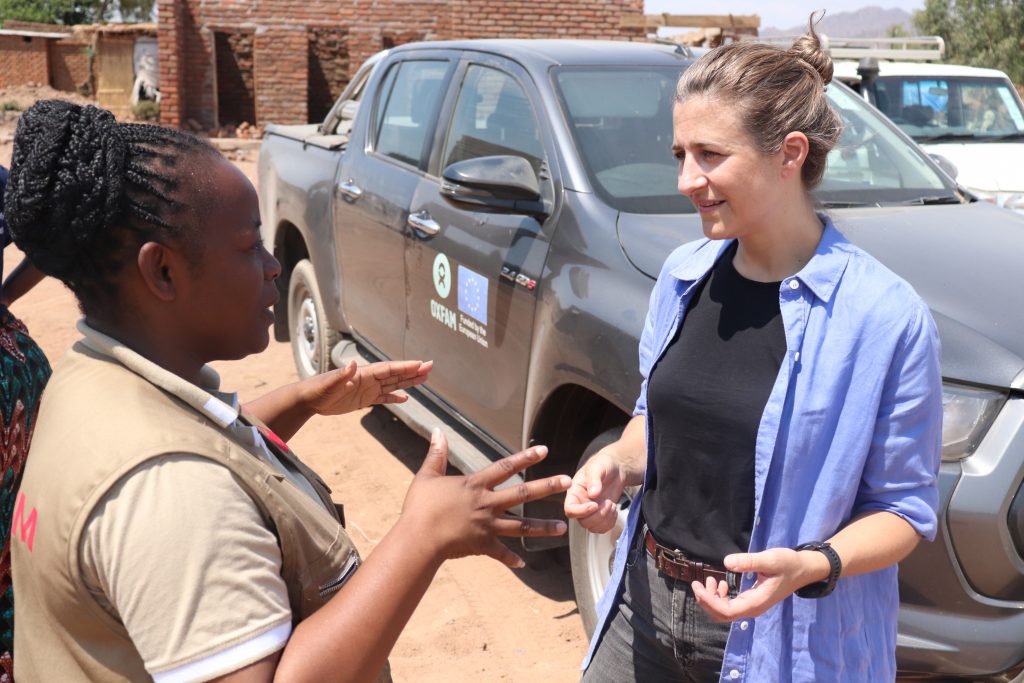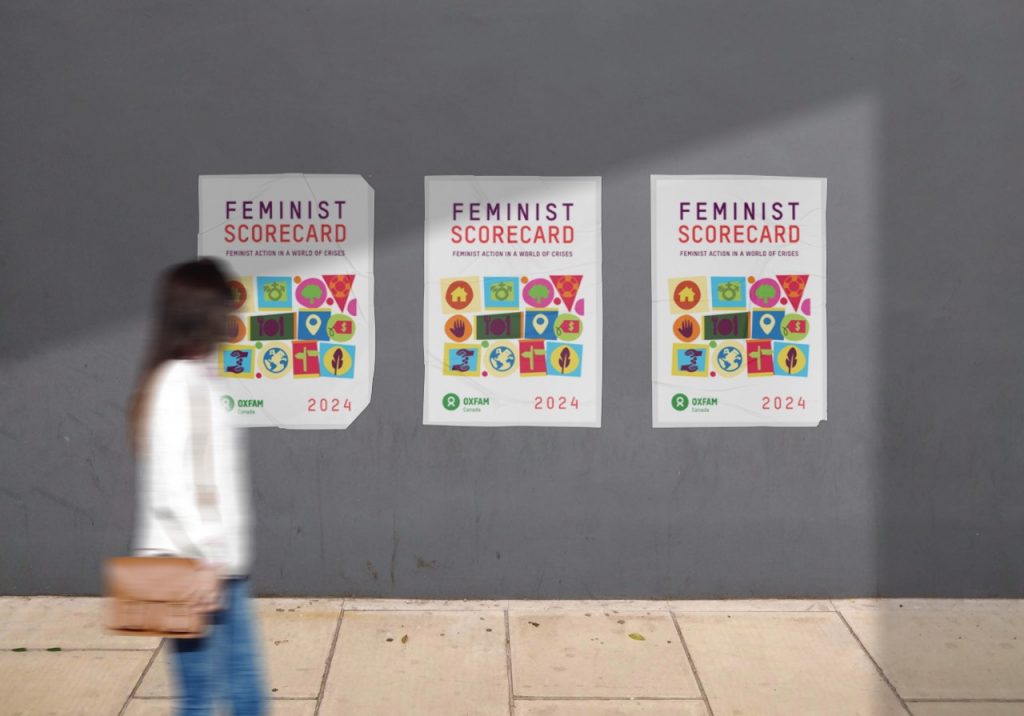Clean Water Changes Everything
Lucinda, Jine, Chipililo, Hendrina, Alice, and Sekechina pass the mechanical parts of the borehole back, hand to hand. They are showing me how to dismantle and repair the newly restored water pump that serves their village outside of the Malawian capital of Lilongwe.
Lucinda, Jine, Chipililo, Hendrina, Alice, and Sekechina pass the mechanical parts of the borehole back, hand to hand. They are showing me how to dismantle and repair the newly restored water pump that serves their village outside of the Malawian capital of Lilongwe.
The women are knowledgeable, competent, and expertly in sync. The borehole (a well with a water pump) in front of me has gone through a rigorous process to get it up and running after not being in use for too long. Women describe the various states of disrepair, describing it as “dirty, mal-functioning, problem-ridden”. But those days are behind them. As a newly formed Water Point Committee, they have the knowledge to assess the problem and the resources to fix it. Quickly.
Being without clean, accessible water is a recent memory for the women of Lilongwe.
“Previously it was an hour to collect water, now it is 10-15 minutes.”
-Lucinda
Last year, Malawi suffered extreme drought conditions as a result of climate change and El Nino. In April 2016, the Malawi Government declared a state of emergency, calling on the international community for help. Oxfam responded with a borehole rehabilitation project to increase access to water and help farmers increase food production.
Over 11 months and with support from Global Affairs Canada, Oxfam has rehabilitated 39 boreholes, providing clean water for over 53,000 people across two districts in Malawi.
Having better access to clean water has been critical to helping protect and advance women’s rights in the community. Prior to rehabilitating this water-source, women and girls would walk long distances to collect water.
“Previously it was an hour to collect water, now it is 10-15 minutes. You can put a pot of simma on and do cooking, and come back and forth. We use the extra time to go to the field, to take care of the children,” Lucinda tells us.
The time and distance it took to collect water significantly compromised women’s safety and prosperity. Girls could not go to school because they spent most of their time collecting water. Their inability to access an education meant they were less likely to lift themselves (and their families) out of poverty. Women often collected water after dark, which increased their risk of experiencing rape and violence.
Better access to clean water means a safer, more prosperous community.
The Malawi drought response project has helped raise women’s social status within the community. Across Malawi, women are put in charge of the community water supplies. Groups of women will form a community water committee and work together to ensure the boreholes get fixed quickly and effectively. Women perform these tasks because community members reported that men did not favorably respond to or prioritize their requests to repair the water supply.
As one committee member put it, “men were not able to repair the borehole as fast as required, so we decided that only women will repair the borehole.”
Being trained to repair the boreholes is an empowering experience.
Women take part in a 3-day technical workshop at a nearby school, where they receive hands-on training on how to repair a borehole. Following the immersive training, they have the skills and knowledge for routine care, maintenance and every-day problem-solving. Repairs are also self-funded, ensuring that the community has a sustainable source of safe water now and into the future.
The committee collects user’s fees for the pump and chooses a treasurer to manage the money – another woman in the trusted group. One group had MWK 10,500 saved so far, about $18 CAD! The women are resourceful visionaries, with plans to expand the benefits from the repaired water pump by investing loans from the village savings and loans associations. Their future plans include buying and planting a banana tree in the water runoff area, selling the bananas, and putting the money back into the water committee’s collective account.
The Women’s Water Point Committee is an inspiring group of change-makers!

By expertly managing and repairing the community’s water supply, these women have helped protect their community’s health, safety, and long-term prosperity. They have also helped change the attitudes and social norms around women’s status and work – inspiring change for generations to come.
Written by Heather Patterson, Humanitarian Program Officer at Oxfam Canada.
Oxfam works with communities to provide safe water in emergency situations. We also work on water, sanitation and irrigation in our long-term program work.

